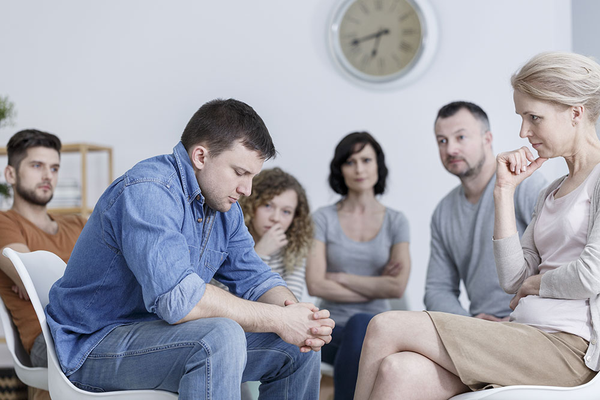The number of meth labs in South Carolina is rising rapidly. From 2007 to 2009, meth lab confiscations rose to 231 percent. In the similar time period, meth lab confiscations across the country only grew by 76 percent.
The huge number of meth lab confiscations in South Carolina is associated with “smurfing,” the bulk buying of pseudoephedrine (PSE). This is an active component in many allergy and cold medicines, which can also be used to produce methamphetamine.
Every year, more than 30,000 South Carolina people join drug rehab to beat an addiction. Numerous rehab admissions involve drugs like:
· Stimulants
· Heroin
· Marijuana
· Methamphetamines
· Opioids
· Cocaine
· Tranquilizers
· Sedatives
South Carolina is situated near main highways, international airports, and large seaports making it a vulnerable area for drug smuggling. Illegal substances are often transported by a commercial truck, private car, airline, cargo ship or train. The state has developed into an enormous shipment center for distributing illegal substances across the Mid-Atlantic, Southeast, and Northeast.
Common ways drugs are imported and exported in South Carolina
· Highways: Interstate 95 passes through the eastern part of South Carolina. Stretching from Florida to Maine, the road is generally used for moving cocaine and heroin . Furthermore, many local dealers obtain marijuana, heroin, cocaine, and methamphetamine supplies straight from Atlanta through Interstate 20.
· Seaports: The state’s three major seaports are Georgetown, Charleston, and Port Royal. Though each port has transnational shipments, Port Charleston faces the greatest risk for trafficking of drugs.
· Airports: While South Carolina has some large airports, most flights are local. Nonstop trips from Columbia to New York City and Houston are utilized in smuggling drugs to and from key U.S. delivery centers.
Illegal groups and gangs are also triggering troubles in communities and cities throughout South Carolina. For example, Myrtle Beach’s Bike Week happens every May.
If you or a loved one are looking for treatment for drug abuse, we can assist you. If you dint want to attend a drug rehab in South Carolina, United Recovery Project ,located in South Florida is the best option for you.
Laws of South Carolina Drug Use
Consequences for the ownership of drugs in South Carolina differ depending on the kind of substance involved. South Carolina categorizes its drugs into five groups based on the possibility of addiction and perceived gravity. Schedule I drugs are well-thought-out as the most addictive, whereas schedule V drugs have the least addiction risk.
Though drug penalties in South Carolina are rough, state officials are supporting treatment-based methods at a drug rehab in South Carolina in lieu of jail time. In October 2015, South Carolina brought in a law to decriminalize first-time and second-time schedule I and schedule II drug ownership crimes. Penalties for these crimes were abridged from third-degree felonies to class A transgressions.

